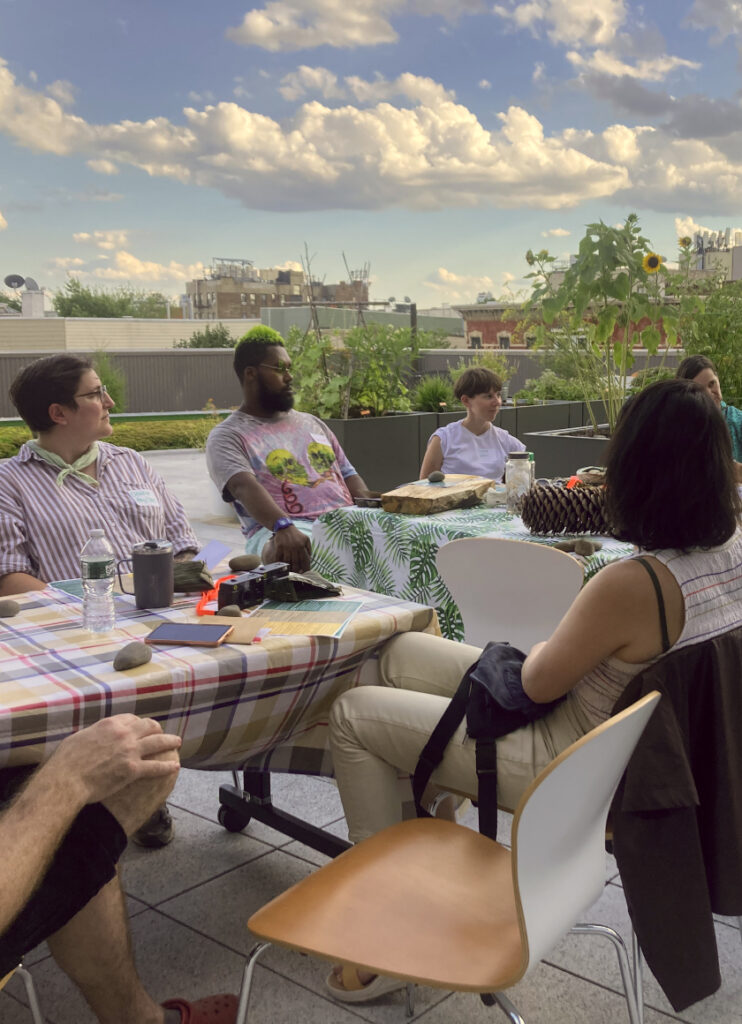Metropolitan New York Library Council (METRO) endeavors to bring our members; colleagues; and the library, archives, and museums community at large programs and events that represent and explore a range of ideas from across the field. We ask our program participants to understand that the viewpoints expressed on our channels are those of the presenters and do not necessarily reflect the beliefs of METRO or its staff.
METRO’s staff works to ensure that our presenters and program attendees have access to a space that is conducive to learning from one another. We operate under a code of conduct that reifies our interest in civil discourse, and we uphold and maintain policies that prevent racism, sexism, ableism, ageism, and any other dehumanizing patterns of thought and behavior at our programs.
Thank you for your attention to these policies, and we look forward to seeing you at our upcoming event(s).
